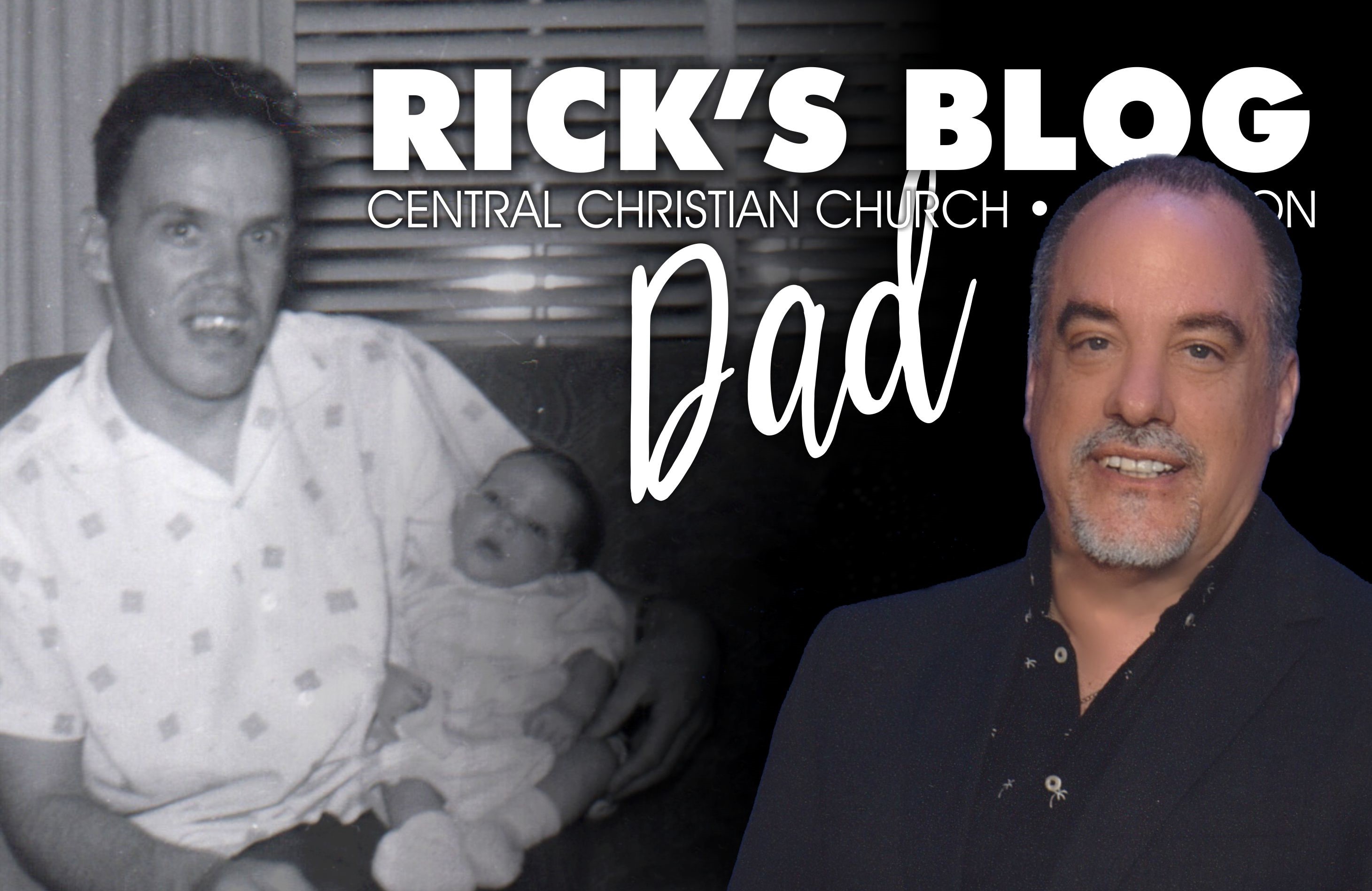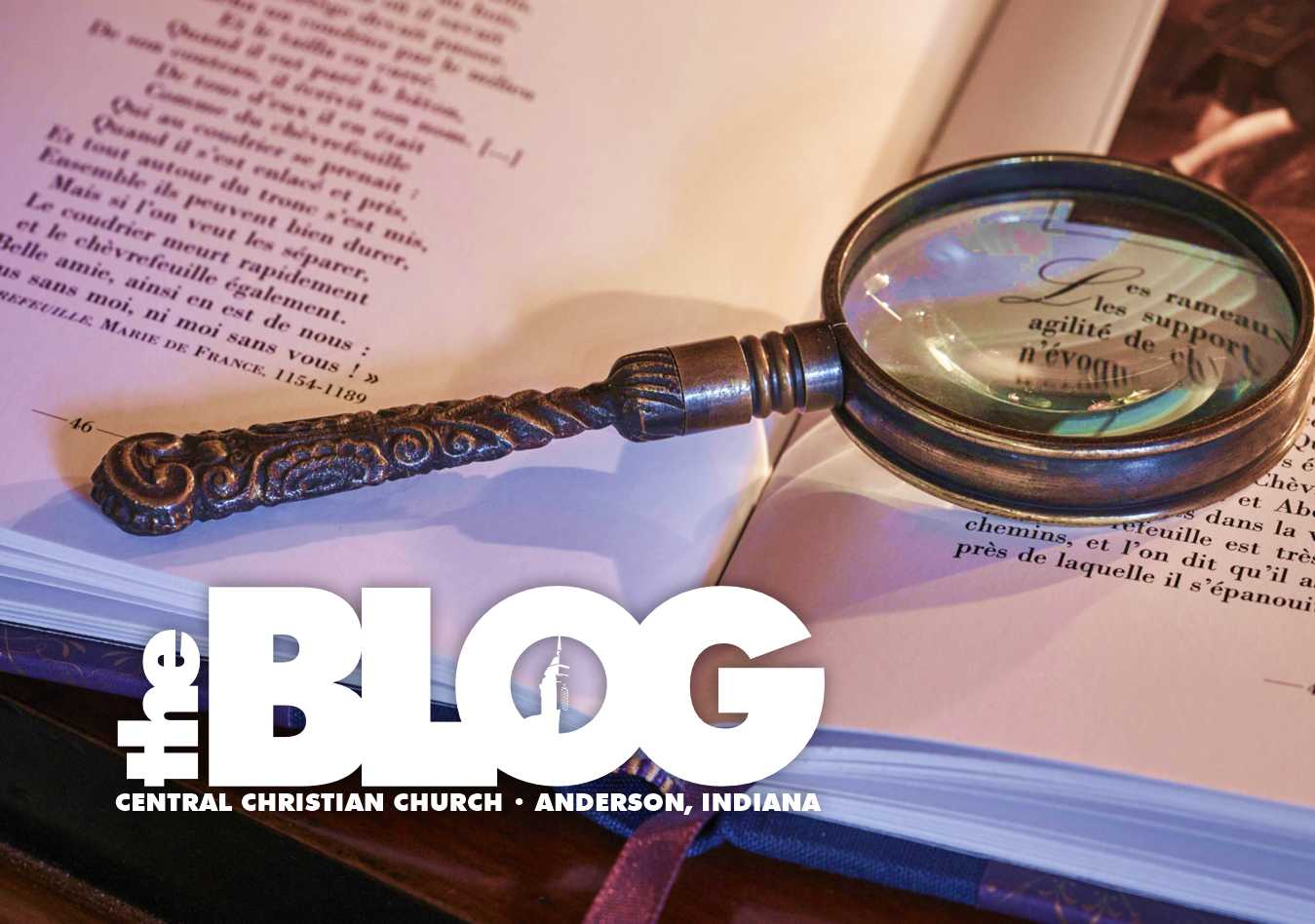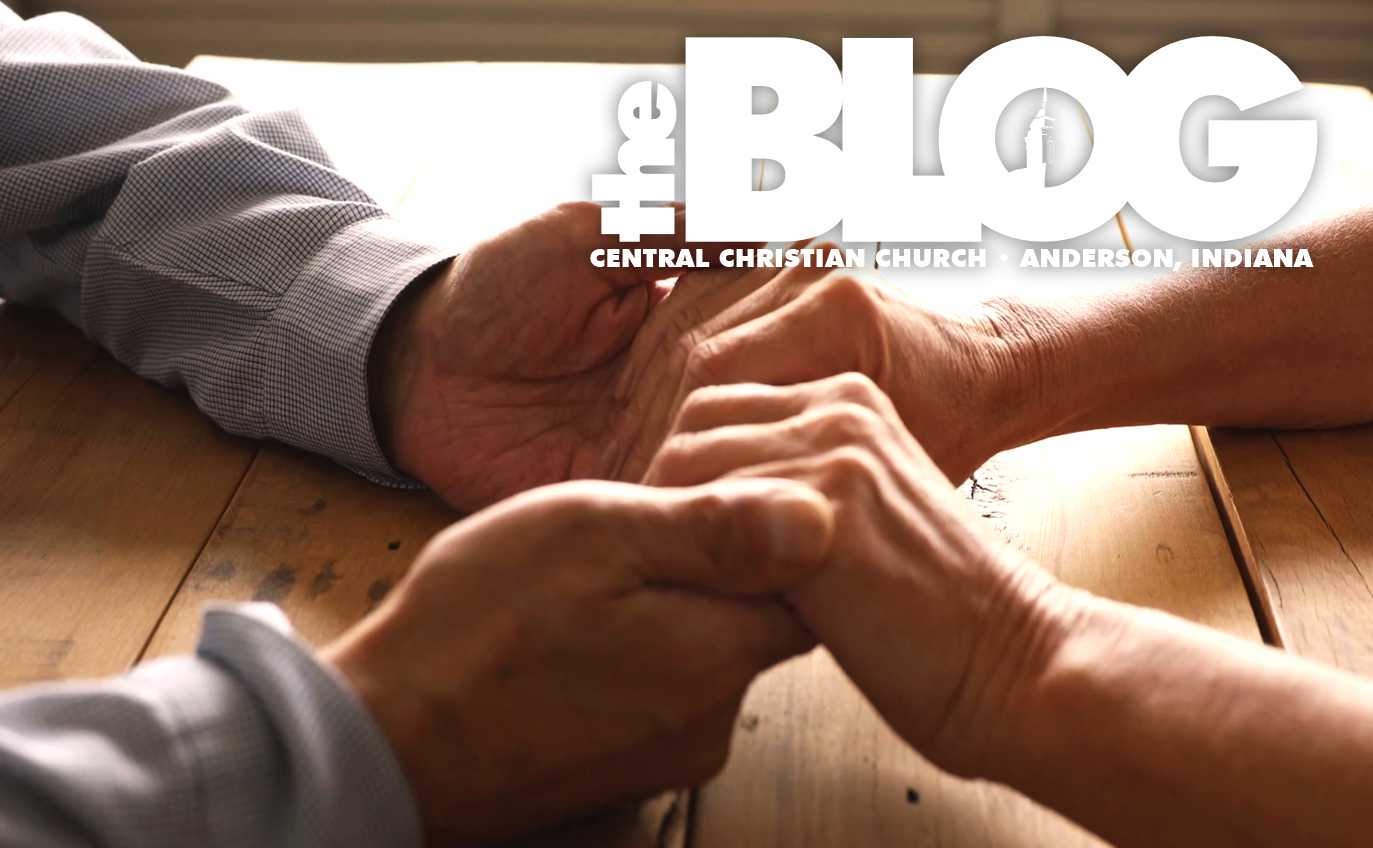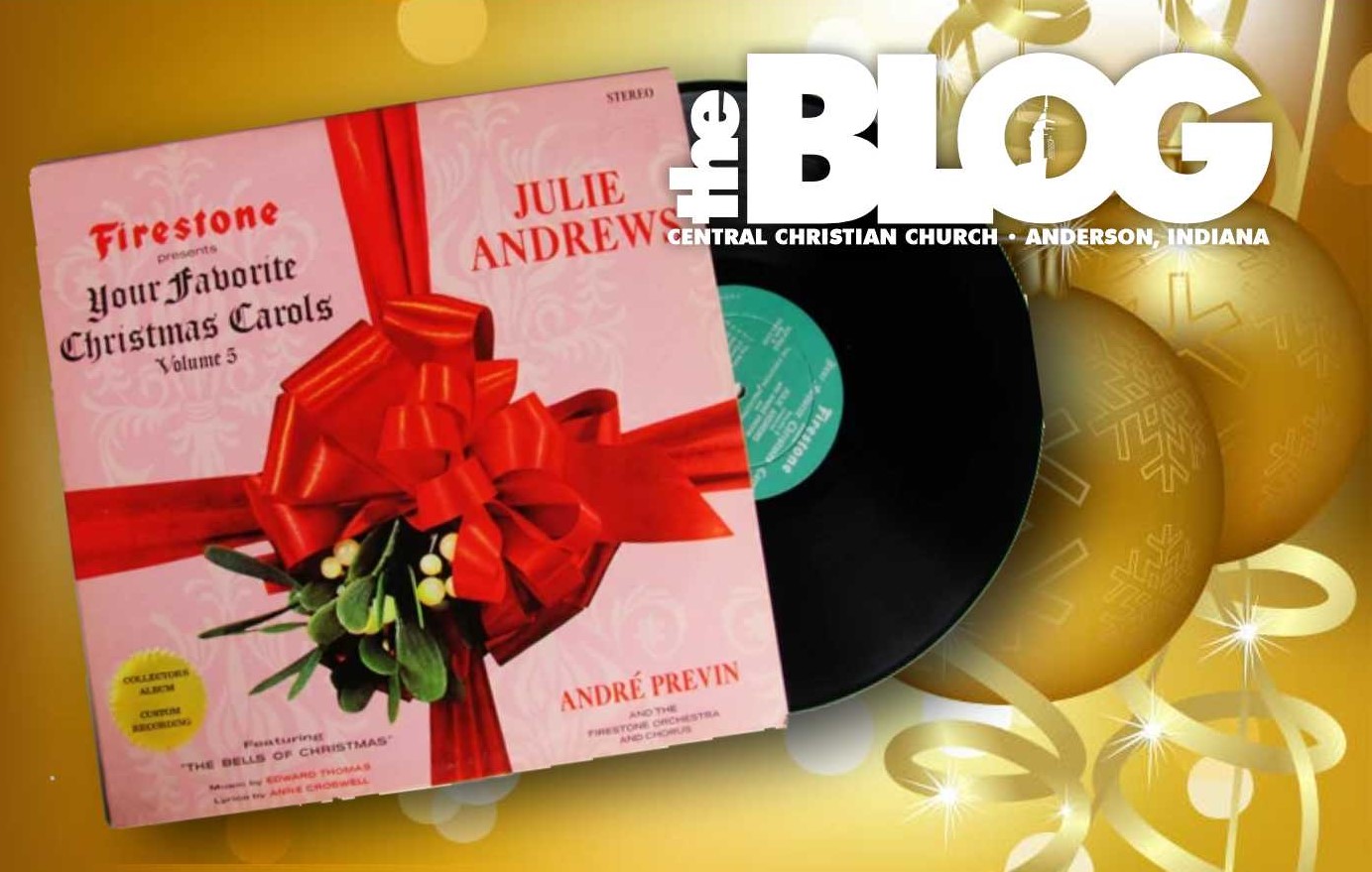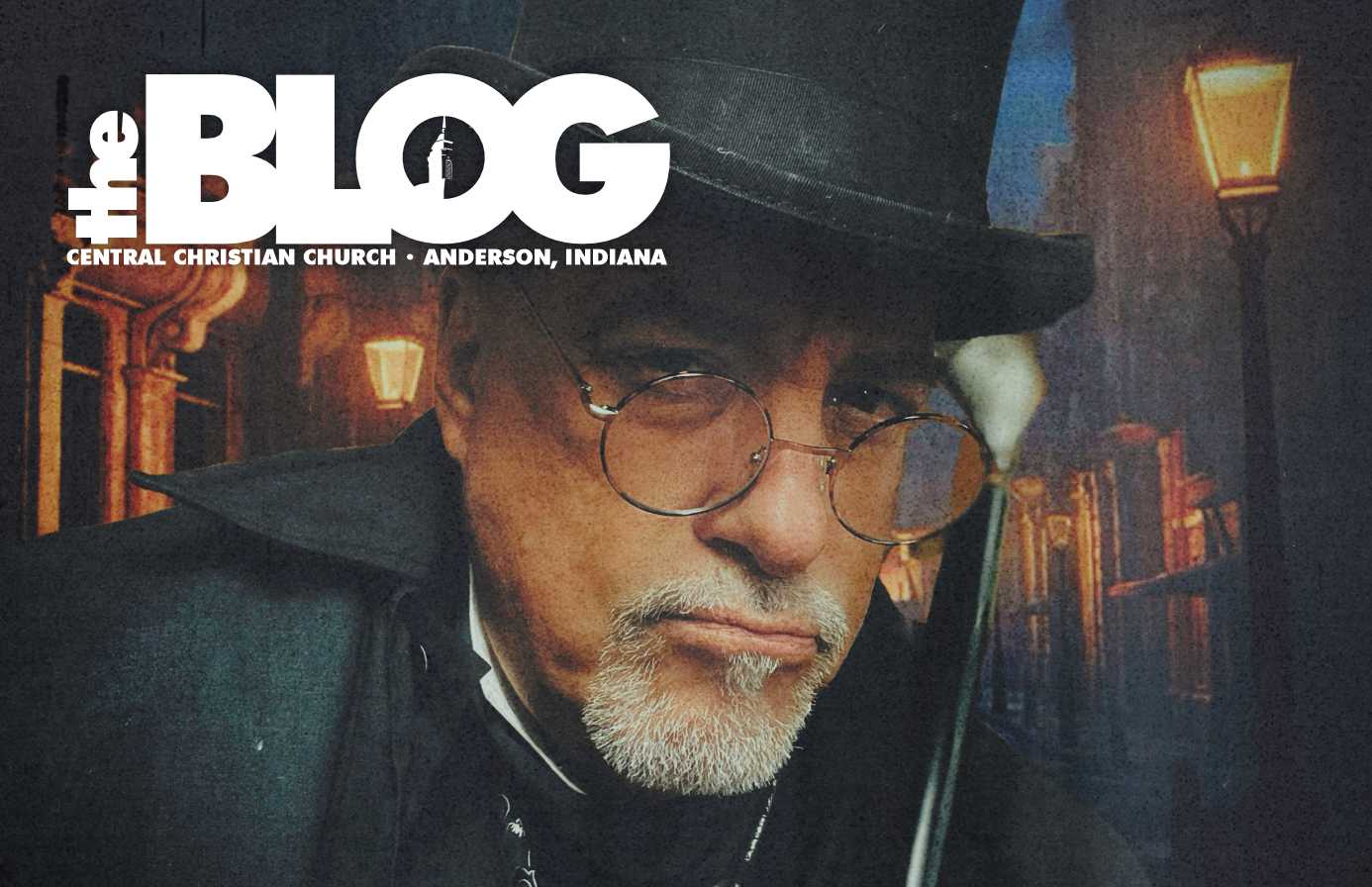ASH WEDNESDAY
Written By:Rick Vale
I love traveling. I love seeing our beautiful world and the people in it. In fact, as wonderful as all the scenery and cultures I’ve experienced are, it’s the people that are most fascinating. I’m an introvert at heart, and I like to sit in the back and see the whole picture, as wide a field as possible. And when travelling, my favorite thing is find a quiet table, bench, or palm tree…and sit watching people.
We are a fascinating species, all types, all personalities, and yet similar. I, jokingly, like to say that God only has a few “molds” He uses in building us; and so, He uses some over and over. That’s ridiculous, of course, as even the most similar are as different as snowflake crystals or sand on the beach – but it’s a fun game. I watch young parents with their children. Children seem to be the same throughout the world. I watch older couples, helping each other navigate the tours, the shops, and the uneven walkways. Then there are the wealthy, the elegant, the plain, and the boisterous. I see the friendly, and the not-so-friendly, the grumpy, and the funny. It’s always a wonderful collection of sameness & difference.
On this day, ASH WEDNESDAY, I am thinking of the ashes, Palm Sunday, people, and the journey each of us together. Our bodies move toward an end, while our souls grow and finally break through. Where our souls travel, when free of these bodies, is taken on faith. We all have an idea as to what will happen when the soul breaks free, and we argue with each other about it; wasting time that could be used to connect to each other, as Jesus has asked us to do.
As for our bodies, we should all KNOW what is going to happen. And not just bodies, but our lands, our homes, our countries, and our kingdoms. It’s not just faith and religion that teach us about this cycle of beginnings and endings…it is life observed, and history itself. All human things end, whether individual humans or communities of humans, large and small. Hardly anything symbolizes that truth more than ASH WEDNESDAY.
Where do the ashes we use at Central come from? The ashes we use are the ashes of the palms used the prior Palm Sunday; mixed with olive oil which is infused with frankincense and myrrh. Once the palms are burned, ground down and mixed, they are preserved. In fact, at Central, the ashes I’ve used for sixteen years (my Anniversary with Central Christian Church was this past Saturday, February 18th), predate me by two to three ministers at least. I have only added some ashes, but they are combined with ashes from Palm Sundays past. The alabaster jar that holds Central’s ashes also holds the representation of at least three generations of parishioners, pastors, elders, deacons, and stories here in the heart of the heartland…and now, it’s all ash.
The palms that symbolize the crowds in Jerusalem wishing for and welcoming what they imagined was an “earthly” kingdom, are now dust – reminding us that the “earthly” kingdom is not what our King came to inaugurate – HIS Kingdom is “not FROM, or OF, this world”. HIS Kingdom doesn’t turn to ash. But our kingdoms, our countries, our homes, and our bodies…do.
We are all headed in that direction. No matter our diversity, no matter our likeness, we all travel to that location. That knowledge alone should cause us to be treat others with kindness, love, patience, and help. The knowledge of the shared destination of all our lives should cause us to live every moment on this earth, in this body, with intention. But does it?
This isn’t really bad news; it’s the way of life as physical life was created to be – but “Life” (with a capital “L”) isn’t defined by things that turn to ash. “Life”, according to what I believe and teach, transcends nations, communities, and human bodies. I believe our souls will land in new bodies that don’t turn to ash, in a land that always remains green, lush, diverse, and colorful – like the immortal life that will inhabit it with our King, Jesus.
My time at Central, in Anderson, and on this earth will one day be represented in the palm fronds I have burned and mixed with ashes from times before, and pastors who have served and moved on, along with their parishioners. My soul has already started packing for another trip. The Kingdom of MY King has already been created.
So take the ashes and remember: we are all on the same physical journey, and it might be your responsibility to show (without words, but with action) someone else the way to “a lifeboat.” On the way, offer your hand, your smile, and your love, because Jesus asks you to. Also, as different as we all may be, and no matter where we started – we may not all be “in the same boat”, but we are quite possibly all “in the same storm.”
Every moment has its time.
Every person has their place.
Don’t brush aside either,
Or you may also brush aside
God’s wish for you to either
ENJOY or BE the miracle.




